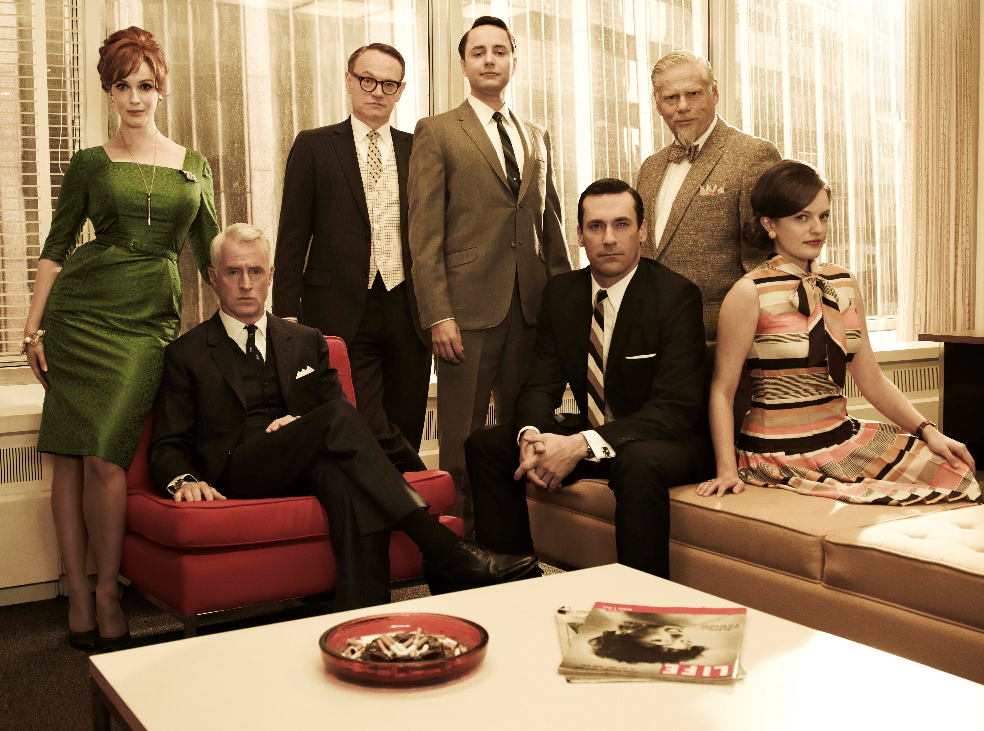McKinsey & Company: The dawn of marketing’s new golden age
 This great article from McKinsey & Company title “The dawn of marketing’s new golden age” is a must read: Link
This great article from McKinsey & Company title “The dawn of marketing’s new golden age” is a must read: Link
It’s a great summary of what I’m experiencing every day, and a really awesome way to summarize why I am so excited about my job. Having been around marketing since birth (my Dad was a Mad Man, it’s been frustrating for a very long time to work in an industry with so little accountability to results.
The wry observation from John Wanamaker in the late 1800s has been too true for too long in marketing:
Half the money I spend on advertising is wasted; the trouble is, I don’t know which half.
What’s so cool about this article is that I can point to significant progress on each of the 5 pillars inside Microsoft, and we are on the cutting edge of all these changes. It’s exciting to be working on the bleeding edge of marketing transformation, at the bleeding edge of new technology. That’s a lot of blood 🙂
The McKinsey article has a nice model for how marketing is transforming — and although they don’t specifically cite “Marketing Automation“, the implication of Big Data use for marketing optimization is that must be occurring on a Marketing Automation platform.
I thought the commentary on the new position of MTO (Marketing Technology Officer) was particularly interesting:
One CEO we know believes it’s time to create a position—marketing technology officer (MTO)—that’s rooted both in technology and domain knowledge. Knowing what can be automated, when judgment is required, and where to seek and place new technical talent are becoming increasingly central to effective marketing leadership. That is intensifying the war for specialized talent as traditional marketing powerhouses bid against high-tech companies for needed skills.
Here’s a quick summary of the whole article:
Science
Advances in data, modeling, and automated analysis are creating ever more refined ways of targeting and measuring the returns on marketing investments, while generating powerful new clues about why consumers behave as they do. Long gone is spending guided mostly by intuition and focus groups. Instead, organizations are seeking greater precision by measuring and managing the consumer decision points where well-timed outlays can make the biggest difference.
Substance
As more advanced marketing science and analytics take hold, they are making it increasingly natural for marketing to go beyond messaging and to shape the substance of the business, particularly the experiences of customers, the delivery of functional benefits, and the drive to develop new products and services. Armed with information about customers and a company’s relationships with them, the CMO is well-positioned to help differentiate its products, services, and experiences.
Story
Even as marketing reaches new heights with technology-enabled measurement, the importance of the story hasn’t diminished. But ways to tell it are morphing continually as the stuff of storytelling encompasses richer digital interactions, and mobile devices become more powerful communications tools. In this world, creativity is in greater demand than ever.
Speed
In a digital economy, marketing is no longer a “batch” process but a continuous one. Consumer preferences change with stunning velocity, as do the dynamics of markets and product life cycles. This culture of urgency means that marketers need a new agility, plus the management skills and organizational clout to bring other functions together at a higher clock speed.
Simplicity
Complexity is the enemy of speed, which is a big reason why a number of leading marketers are reforming their organizations. Too often, expanding geographic footprints, product proliferation, and new arrays of channels and digital specialties have led to complex hierarchies, silos, communication gaps, and redundancies. But these can be tamed.
